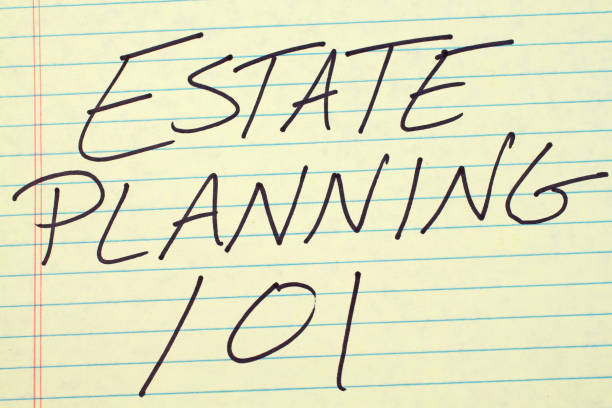Estate Planning 101: What Every Family Should Know

Wills, trusts, and planning made easy. Protect your people and your peace of mind.
Talking about estate planning might feel uncomfortable—but avoiding the conversation can lead to confusion, conflict, and unnecessary costs for your loved ones. Estate planning isn’t just for the wealthy. It’s for everyone who wants their voice to be heard, even when they’re no longer around to speak.
At Money Tree Financial Services, we help families take the guesswork out of estate planning with clear steps and compassionate guidance. Here’s what every family should know to get started—no legal jargon required.
What Is Estate Planning?
Estate planning is the process of preparing legal documents that outline how your assets, healthcare, and guardianship decisions should be handled if you become incapacitated or pass away.
It’s not just about money—it’s about protecting your family, honoring your wishes, and avoiding legal complications.
Key Documents in an Estate Plan
- Last Will and Testament
Directs how your property and assets should be distributed after your death and names guardians for minor children. - Living Will / Advance Healthcare Directive
States your medical wishes if you’re unable to communicate them. - Durable Power of Attorney (POA)
Appoints someone to handle your financial matters if you’re incapacitated. - Healthcare Power of Attorney
Designates someone to make medical decisions on your behalf. - Revocable Living Trust (optional)
Helps avoid probate and manage assets during your lifetime and after your death.
Why Every Family Needs an Estate Plan
- Avoid Probate: Probate court can be lengthy, expensive, and public.
- Protect Your Children: Appoint legal guardians for minors.
- Minimize Family Disputes: Clear instructions reduce confusion and conflict.
- Reduce Taxes & Fees: Smart planning can help preserve wealth across generations.
- Maintain Control: You decide who gets what—and when.
Common Estate Planning Myths (and the Truth)
- “I don’t have enough assets to need an estate plan.”
→ If you have a bank account, vehicle, or children—you need one. - “I’m too young to think about this.”
→ Life is unpredictable. It’s never too early to protect your future. - “A will is enough.”
→ A will is important, but powers of attorney and medical directives are just as critical.
How to Get Started with Estate Planning
- Take Inventory of Your Assets
Include property, bank accounts, insurance policies, retirement accounts, and sentimental items. - Choose Trusted Individuals
Appoint an executor, healthcare agent, and financial POA who will act in your best interest. - Work with Professionals
Estate plans should be legally sound and state-specific. We can connect you with trusted estate attorneys and financial advisors. - Review and Update Regularly
Update your plan after major life changes like marriage, divorce, children, or inheritance.
Money Tree Financial Services Can Help
We guide families through every step of the estate planning process by:
- Offering educational workshops and consultations
- Connecting you with vetted estate attorneys
- Helping you coordinate your estate plan with your financial goals
- Supporting you with family conversations and legacy planning
Final Thoughts: Plan Now, Protect Later
Estate planning is a gift to your loved ones. It removes uncertainty, ensures your wishes are honored, and gives your family peace of mind during difficult times.
Don’t wait for a crisis. Start your estate planning journey with confidence—and the support of Money Tree Financial Services.
Ready to get started?
Schedule a free consultation today and begin building a legacy that lasts.






Responses